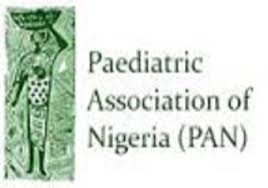Public health facilities have more artemisinin-combination therapy (ACT) than private ones for the first time in four years since Nigeria adopted the drug as first-line choice for treatment of malaria, a survey has found.
The survey by ACTWatch, assessing the availability and pricing of ACT found that quality-assured ACT was in stock among majority of public health facilities, accounting for 84% in 2013.
In private for-profit facilities, availability of ACT was 76% among other anti-malarials and outlets stocking the drug, according to monitoring done by the National Malaria Elimination Programme (NMEP) and the Society for Family Health (SFH).

But more pharmacies and drug shops regularly had more supply of ACTs, whose price has been pegged at N150 for individual users, due to an international funding mechanism to subsidise the drug price.
Since 2009, the price of ACT reduced three times, but in 2013, it “remained 2.4 times more expensive than the most commonly distributed non-artemisinin therapy,” the study authors wrote in the survey results disseminated in Abuja.
Efforts to keep the price at N150 backed by subsidy to manufacturers have been on for more than four years, said Dr Jennifer Anyanti, chief strategy and technical officer at SFH.
“The problem is that Nigerians sometimes want something expensive, they trust the ones that are more expensive,” he said.
ACTWatch also found that the availability of rapid diagnostic test kits was increasing among public and private health facilities since 2009, but it said fewer than half of the public facilities under survey provided blood testing for malaria.
“What we realise is that the percentage of fever that is caused by malaria is currently dropping,” says Lilian Oguguo of NMEP.
ABUJA: Training Schedule for Basic Life Support BLS, Pediatric Advanced Life Support (PALS), Advanced Cardiovascular Life Support ACLS, First Aid, CPR, AED
PORTHARCOURT: Training Schedule for Basic Life Support BLS, Pediatric Advanced Life Support (PALS), Advanced Cardiovascular Life Support ACLS, First Aid, CPR, AED
LAGOS: Training Schedule for Basic Life Support BLS, Pediatric Advanced Life Support (PALS), Advanced Cardiovascular Life Support ACLS, First Aid, CPR, AED
.jpg)



